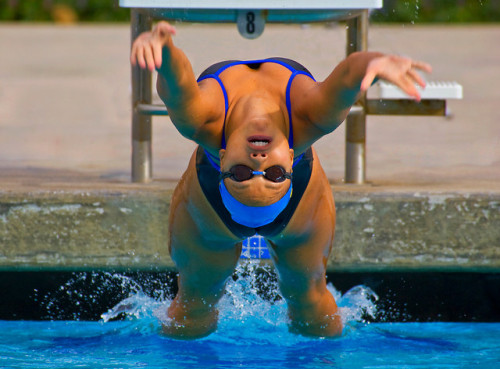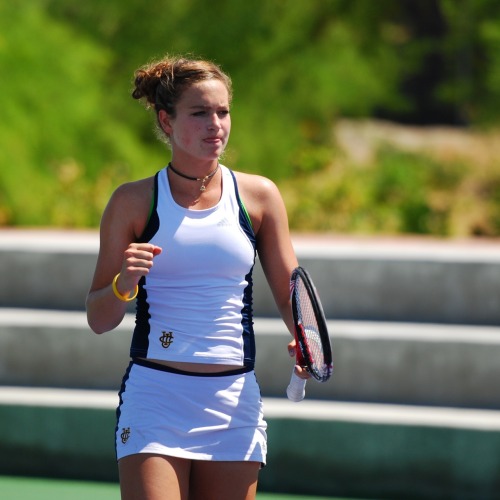#uc irvine

Credit:George McCalman
Hysteria. The vapors. Penis envy. Homosexuality as a disease. Dementia praecox.
There’s no shortage of outmoded or discredited theories in the field of psychology. For the late Joseph White, professor of psychology and comparative culture at UC Irvine and “godfather of black psychology,” the most pressing issue in the field in the late ‘60s and 70s was the representation of African Americans — or lack thereof.
“It is vitally important that we develop, out of the authentic experience of black people in this country, an accurate workable theory of black psychology,” wrote White in his groundbreaking Ebony piece “Toward a Black Psychology.”
His argument was not simply that notions of black inferiority — a predisposition to a lower IQ, for example — were wrong, but that the way psychology evaluated mental health and development, particularly in poorer neighborhoods, was based on biased frameworks that perceived only deficiency, not difference, and invalidated the lived experience of its subjects.

Joseph L. White speaks to students at UC Irvine in 2013.
White critiques, for example, the white researcher who enters a home looking for a copy of the New York Review of Books as evidence of of an intellectually stimulating environment when a black preschooler is nearby reciting several songs from memory. He also takes researchers to task for their reduction of black family life to a series of deficiencies — family unit with a missing father — when a highly engaged extended family often plays a substantive role in the development of a child. And he writes that certain attitudes cherished by white culture do not hold the same significance in black culture because their outcomes are not the same — a dynamic we see in today’s racially divergent perceptions of law enforcement.
A strike against cultural deprivation theory, White argued for a strength, not deficit, based psychology.

Joseph L. White, UCI professor emeritus of social sciences, is known as the “father of black psychology.“ Steve Zylius / UC Irvine.
White’s piece cemented his status as a pioneer, a role to which he was no stranger. White was only one of five black Ph.D.s in psychology when he earned his doctorate in 1961. He became one of the founders of the Association of Black Psychologists in 1968 and produced “Toward a Black Psychology” in 1970, while at UC Irvine.
In addition to paving the way for a multicultural psychology, White was also committed to mentorship, establishing the Educational Opportunity Program, which has provided access for more than 250,000 disadvantaged students in California, many of them the first in their family to college. He personally mentored more than 100 students who went on to become psychologists from diverse backgrounds — African American, Asian American, Latino, Native American and women.
White passed away in late 2017, but leaves behind a legacy from a remarkable life — he was a campaign director for Robert F. Kennedy (!) — and a field, psychology, far more sensitive and inclusive than when he found it.
Takeout creates a lot of trash. It doesn’t have to.
Even if you are one of the virtuous few who try to make a home-cooked meal every night, some nights cry out for takeout or delivery. Someone else taking care of dinner for you after a long day — it can be just what the doctor ordered.
And it’s popular: Food delivery is a $43 billion business in the US today. In many cases, not only are these services delivering food, they’re delivering lots of extra stuff: bags, boxes, wrapping, napkins, utensils, packs of condiments, colorful branded bits and bobs.
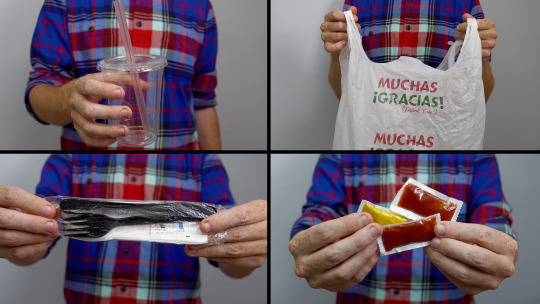
These little containers and wrappers may not seem like a big deal, but in the U.S., packaging makes up the largest category of municipal waste.
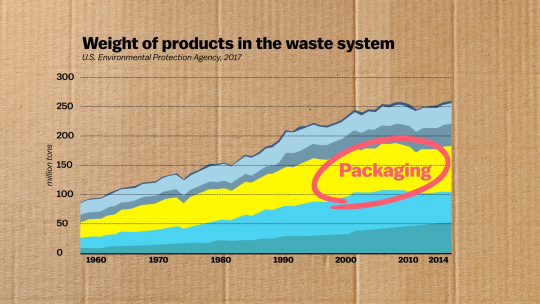
On top of that, single-use items like disposable plates and utensils, junk mail, and paper towels make up another 10% of our discards.
It piles up in our landfills, while manufacturing, shipping, and disposing of all of this stuff — often used for mere seconds — creates big greenhouse gas emissions.
“We really do need to prioritize reduce and reuse over recycling,” said Anne Krieghoff, solid waste and recycling program coordinator at the University of California Irvine. “Recycling is great to deal with a product once it’s already in your hand. But waste minimization is more important.”
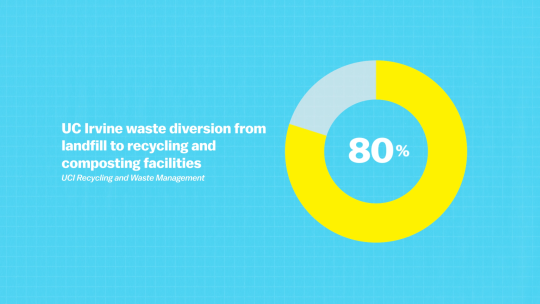
Under Krieghoff’s watch, UC Irvine has reduced waste to the point that it now diverts 80 percent of its garbage from landfills. The goal: zero waste. UC Irvine isn’t alone: cities, counties, and large companies across the country are shooting for zero waste.
Watch the video above featuring to learn more about some simple ways that we can drop our single-use habits.
Last fall, I enrolled in my first upper division workshop as a literary journalism major at UC Irvine. The theme of the course was “the Art of Reconstruction,” and students were expected to work on one original story about something that happened in the past for the entire ten weeks of the quarter. One classmate of mine immediately started researching on Marilyn Monroe’s childhood; another began interviewing her father, who was a former Marine. I felt so lost, and for the first time in my life, I didn’t know what to write.
I began Googling around and researching historic periods that appealed to me when I happened upon the Civil Rights Movement of the 1960s and 1970s. I looked through black and white photographs of sit-ins, protests and marches. I found the iconic photograph of Malcolm X’s assassination. I had seen it many times before, but this time I noticed something specific: there was an unidentified Asian American woman cradling Malcolm’s head in her lap as he slowly died. She looks like she has a story, I thought.
That’s when I knew I had a subject. That’s when I knew I was going to spend the next ten weeks of my life writing about this woman who held Malcolm so tenderly in her arms. That’s when I knew I was going to write about Yuri Kochiyama.
Thank you, Yuri, for giving me a reason to write. I never got to meet you in person, and I never got to show you my final product, but you were my constant companion for those ten weeks during my workshop. I watched your videos, I read your memoir, I interviewed your granddaughter. Not only did I have the most interesting subject to feature in a 20 page story, but I discovered an inspirational role model. You reminded me why I’m a journalist –– so I can share incredible stories like your own –– and you also inspired me to declare a double major in Asian American studies and become involved in student activism on my campus and in the community. I have more reasons to write #becauseofyuri.
Taylor Weik is a third-year literary journalism and Asian American studies double major at UC Irvine.

